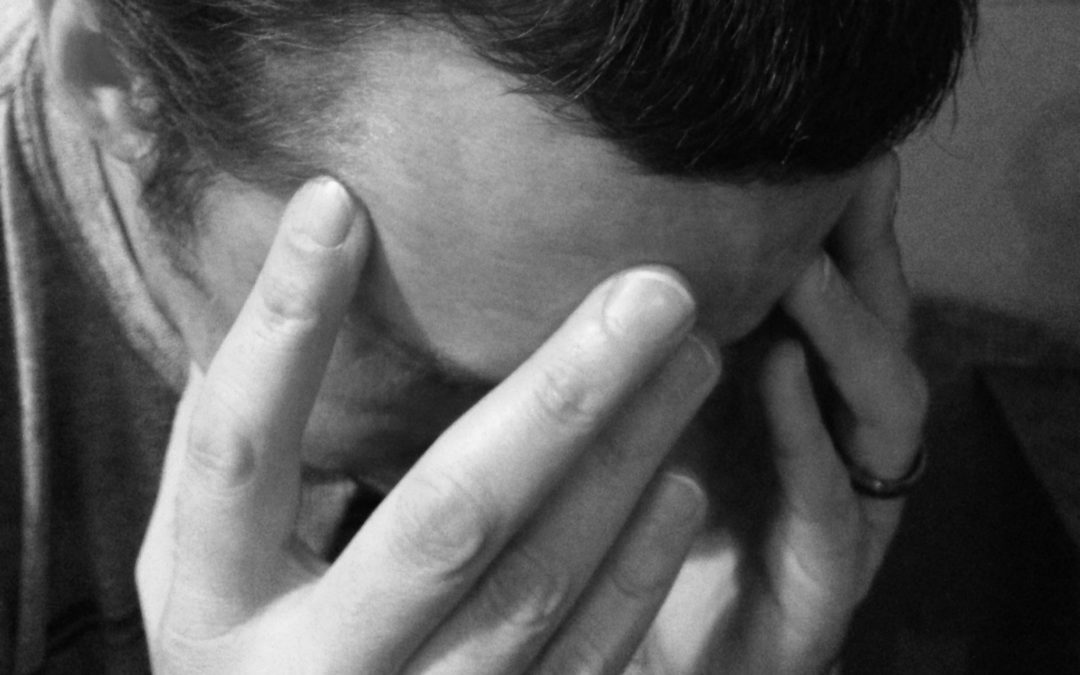by Monica Palmer
“Sticks and stones may break my bones, but words will never hurt me.” I tried to believe that saying in my younger years, but now I know it’s decidedly untrue. Just last week, I was actually brought to tears by the overwhelming emotional pain caused by one little word.
Shame. It’s a word I say all the time. I say it casually. “Oh, you scuffed your new shoes? That’s such a shame.” I say it jokingly. “You ate your dessert before your dinner? Shame on you!”
It’s one of those words that is so overused, the deeper meaning has almost been lost for me. This past Thursday, however, I heard and felt the word “shame” in a profound way. Perhaps it had something to do with the passion of the woman who spoke the word.
I had the great pleasure of hearing Smita Narula speak at St. Louis Area Foodbank’s agency day. Smita is an Associate Professor of Clinical Law and the Faculty Director of the Center for Human Rights and Global Justice at NYU School of Law. She was also the project director for a recent publication entitled “Nourishing Change: Fulfilling the Right to Food in the United States.”
This paper is one of the most impacting looks at hunger in America I have read. The authors artfully weave real stories of low-income families struggling with food insecurity into a statistically accurate account of the immense scope of the problem and how it’s currently being handled. The paper goes on to challenge the reader to see access to food as a human rights issue rather than a charity issue.
During her presentation, Smita Narula shared stories of the food insecure people she encountered while directing this project. There was an overarching theme of shame in these stories: shame of having to ask for help, shame about not being able to provide food for one’s family, and even the debilitating shame of feeling like a failure at life.
At one point, Ms. Narula simply and compassionately called it an injustice for people to have to bear this kind of shame. It seemed a simple enough statement on the surface, but the way Smita said the word “shame” triggered a powerful memory from my childhood.
I am the youngest of five kids, and my mother was a hard-working single mom who managed to keep her family fed. She did this by working almost every waking moment of her day, sacrificing her own needs, and humbling herself to ask for help from our church family. I think the shame of accepting charity was the hardest on my mother. She was, and still is, a fiercely independent woman, and when she received that occasional bag of canned goods from the ladies at church, she also received a heavy burden of shame. It was this memory that came to mind last Thursday. I remembered the change in my mother’s posture after these exchanges. Her shoulders drooped, her eyes were cast down to hide the tears, and her pride was shattered…simply because she wanted to feed her children.
Thinking of my mother suffering an injustice on my behalf was almost too much to bear. There was no point in trying to stop the tears that welled up and spilled out of my eyes.
Something important happens when you look at low-income individuals as “rights bearers” instead of seeing them as “the needy” looking for a hand out. You get to remove shame from the equation.
Do you believe that access to nutritious food is a basic human right? Or do you believe it is a privilege? If you believe that every man, woman, and child should have enough food to live a healthy life, I encourage you to read “Nourishing Change: Fulfilling the Right to Food in the United States.” Start by educating yourself and your circle, and then learn how to agitate and organize.
Smita Narula announced last Thursday that she believes we are “in a moment” right now. Things are ripe for change. Let’s join together and change for the better.

